Timberwolves Stay Perfect, Defeat Suns 89-85 in Summer League Thriller
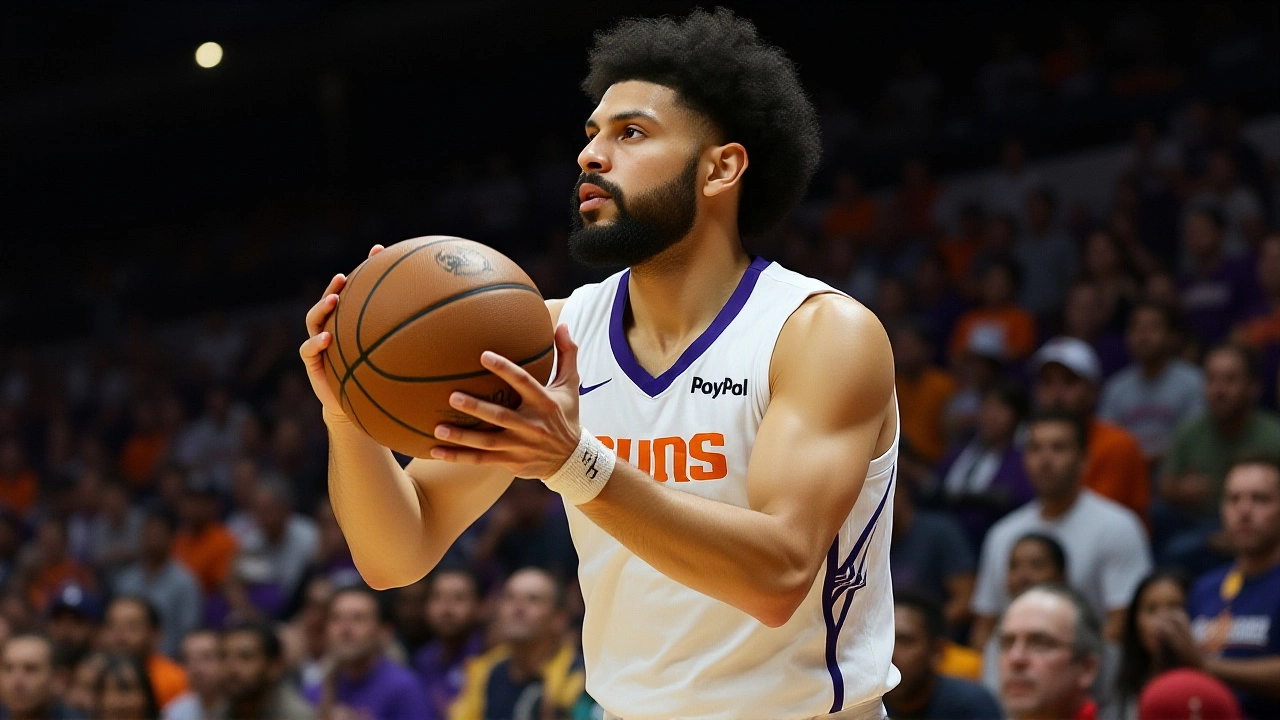
The Minnesota Timberwolves pulled off a stunning second-half comeback to beat the Phoenix Suns 89-85 on Wednesday, July 16, 2025, at the Thomas & Mack Center in Las Vegas. Down by 16 points after the first quarter, Minnesota didn’t just claw back—they dominated the final three frames, outscoring Phoenix 73-53 to improve to a perfect 4-0 in the NBA Summer League 2025. The win wasn’t just a statement—it was a signature performance from rookie guard Rob Dillingham, who dropped 23 points, 7 rebounds, and 7 assists, nearly single-handedly flipping the script.
A Comeback Forged in the Second Half
The Suns looked like they were cruising early. Boogie Ellis, their leading scorer, hit jumpers with ease, and Phoenix’s defense locked down the perimeter. By the end of the first quarter, they led 32-16. It felt like another routine Summer League win. But something shifted at halftime. Minnesota’s coaching staff, led by assistant coach Mike Miller, reportedly told the team: "You’re not here to win by 10. You’re here to prove you belong." The message stuck.
Rob Dillingham took over. He drove through traffic, dished to open shooters, and even stepped back for a clutch three with 1:12 left in the game to push the lead to six. Leonard Miller added 22 points on efficient shooting, while reserve big man Jalen Wilson slammed home a putback with 30 seconds left that sealed the win. The Suns, meanwhile, looked exhausted. Ellis scored 23 himself, but only one other Phoenix player reached double figures. Their bench, usually a strength, went 3-for-17 from the field.
Why This Matters Beyond the Box Score
The NBA runs the Summer League not as a glorified exhibition, but as a high-stakes audition. Every possession is watched by general managers from all 30 teams. Dillingham’s performance didn’t just impress fans—it caught the eye of scouts from the Warriors, Celtics, and even the Lakers, who were spotted in the stands. For a player picked 23rd overall, this kind of outing can vault him into rotation conversations for next season.
Meanwhile, the Suns’ 1-3 record raises questions. They’ve got talent, sure—Ellis is a scorer—but they’re struggling to gel. Their defense looks disjointed, and their second-year players haven’t stepped up. With Phoenix’s core already set, this Summer League is more about evaluating fringe roster candidates than building for the future. That’s a stark contrast to Minnesota, who are clearly investing in their young core.
The Tournament Picture: Who’s Really Leading?
While the Timberwolves are perfect, they’re not the top team in the standings. That honor belongs to the Charlotte Hornets, who are 6-0 after beating the Magic in a double-overtime thriller on Tuesday. The Sacramento Kings (5-1), Boston Celtics, and Toronto Raptors all sit at 4-1, making Minnesota’s 4-0 record even more impressive—it’s not just about wins, it’s about beating quality teams.
The tournament format is brutal: 24 teams, six games minimum, all played across two venues—the Thomas & Mack Center and Cox Pavilion—in a 10-day sprint. Games are 40 minutes long, played in four 10-minute quarters, and roster rules limit teams to mostly rookies and second-year players. That means no veterans, no NBA veterans, no fill-ins. What you see is raw potential.
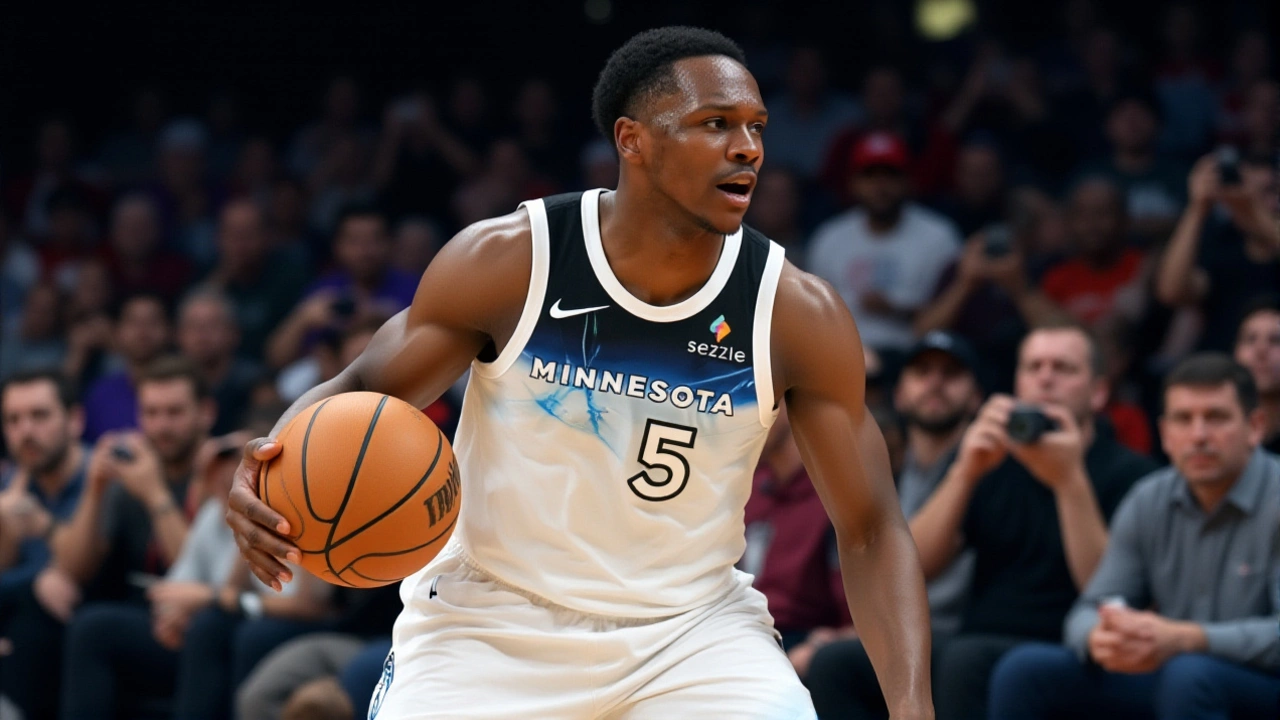
How to Watch and What’s Next
All games are streamed live on ESPN, ESPN2, ESPN+, or NBA TV. You can also catch them via YouTube TV, which offers a free trial for new subscribers and carries all the major networks.
Minnesota’s next game is Friday, July 19, 2025, at 5:30 p.m. Eastern Time against the Houston Rockets—a critical matchup for both teams trying to lock up a top-four seed. The Suns, meanwhile, face the Portland Trail Blazers at 9:30 p.m. ET that same night, exclusively on NBA TV. If Phoenix loses, they’re likely out of playoff contention for the Summer League.
Behind the Scenes: The Real Purpose of Summer League
The NBA has run this event in Las Vegas since 2004. Back then, it was just 10 teams playing in a hotel ballroom. Now, it’s a multi-million-dollar showcase with 24 franchises, hundreds of scouts, and live broadcasts on national TV. The goal? To evaluate. To test. To see who can handle pressure, who can learn fast, who can lead.
Teams don’t just look at stats. They watch how players respond to adversity. How they communicate on defense. Whether they take coaching. Dillingham’s ability to stay calm after a brutal first quarter? That’s the kind of intangible that gets noted in front-office reports. One bad quarter doesn’t define a player. But how they respond? That’s everything.
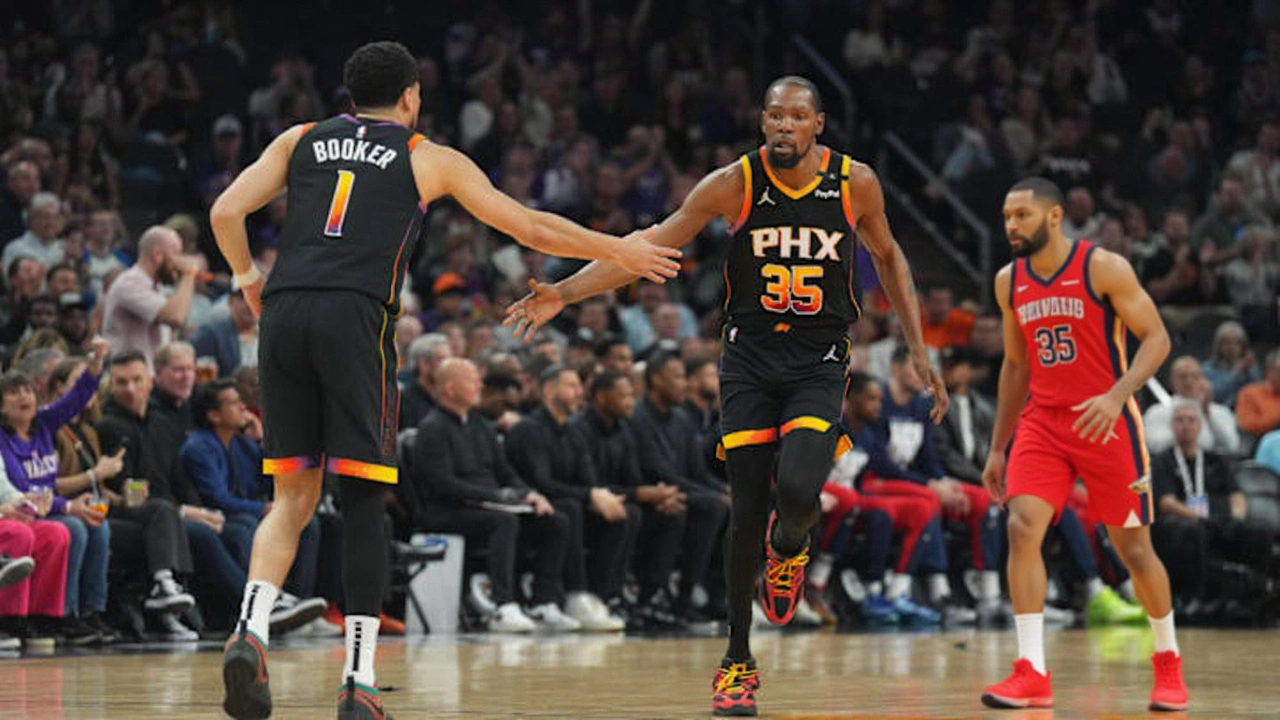
What’s at Stake for Minnesota
The Timberwolves have been rebuilding for years. Anthony Edwards is their star, but the team’s future hinges on depth. Dillingham, Miller, and Wilson could all be part of that next wave. If they keep playing like this, Minnesota might not just make the playoffs next season—they might contend.
For now, they’re undefeated. And in a league where talent is everything, that’s the best kind of resume.
Frequently Asked Questions
Why is the NBA Summer League so important for young players?
The Summer League is the only time NBA teams can watch rookies and second-year players compete in live, high-pressure games without veteran interference. Scouts evaluate not just scoring, but basketball IQ, defensive effort, and how players respond to coaching. A standout performance—like Rob Dillingham’s 23-point, 7-assist game—can move a player from the fringe of the rotation into a rotation lock.
How does the NBA Summer League format differ from regular-season games?
Summer League games are 40 minutes long, played in four 10-minute quarters, instead of the usual 48 minutes. Rosters are restricted to mostly first- and second-year players, with only three veterans allowed per team. Teams also have fewer timeouts and different substitution rules. The pace is faster, the defense looser, and the focus is on development—not winning at all costs.
Who are the top teams in the 2025 NBA Summer League?
As of July 16, 2025, the Charlotte Hornets lead at 6-0, followed by the Sacramento Kings at 5-1. The Boston Celtics, Toronto Raptors, and Minnesota Timberwolves are all tied at 4-0. The Hornets’ depth and ball movement have been exceptional, while Minnesota’s win over Phoenix proved they can close under pressure—key traits for playoff teams.
Can a Summer League performance change a player’s NBA future?
Absolutely. Players like Donovan Mitchell and Malcolm Brogdon turned heads in Summer League before becoming All-Stars. Even players picked in the second round, like Jordan Poole, used the event to prove they belonged. For Dillingham, this performance could mean a guaranteed roster spot, a higher salary, or even a trade target for teams looking for a playmaker.
Where are the games played, and how can fans attend?
All games are held at the Thomas & Mack Center and Cox Pavilion in Las Vegas, Nevada. Tickets are affordable—usually under $20—and available through the NBA’s official Summer League site. Many fans come for the atmosphere: free parking, food trucks, and the chance to see future stars before they hit the main stage. It’s basketball, but with a festival vibe.
Why is ESPN broadcasting so many Summer League games?
ESPN sees Summer League as a low-cost, high-reward content opportunity. It fills summer programming gaps, attracts younger audiences, and serves as a pipeline for NBA fans who want to follow their favorite prospects. With ESPN+ streaming nearly every game, they’re building subscriber loyalty—especially among fans who can’t wait for training camp to start.
- November 23, 2025
- Maddox Landry
- 0 Comments
- Permalink
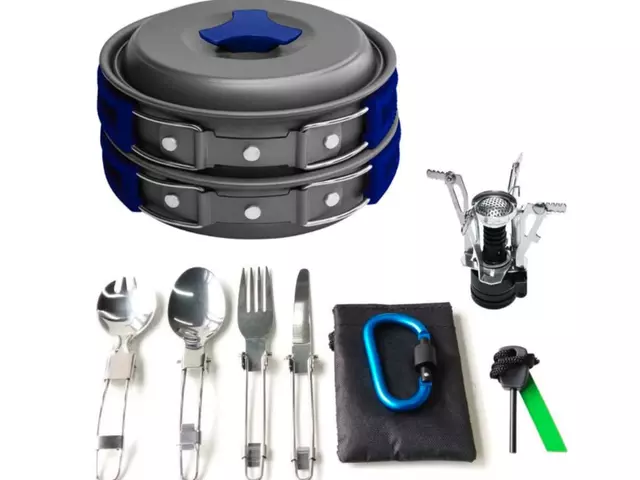
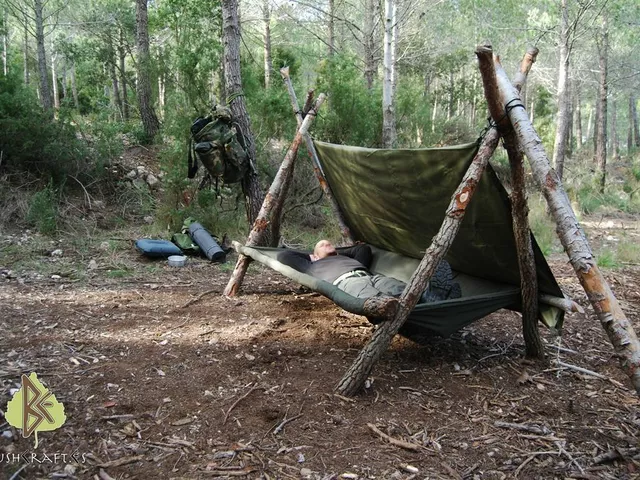
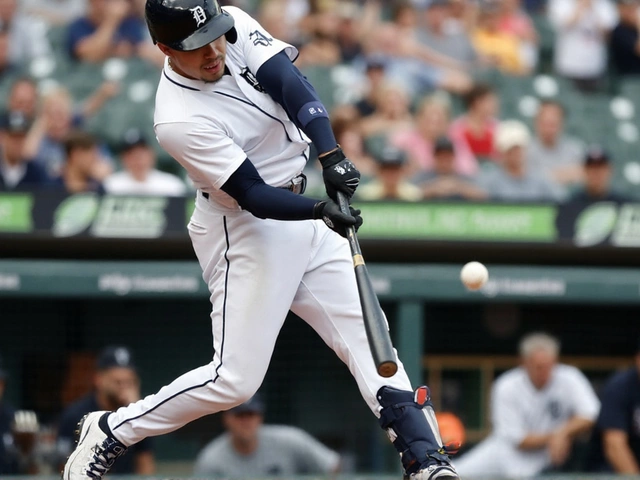
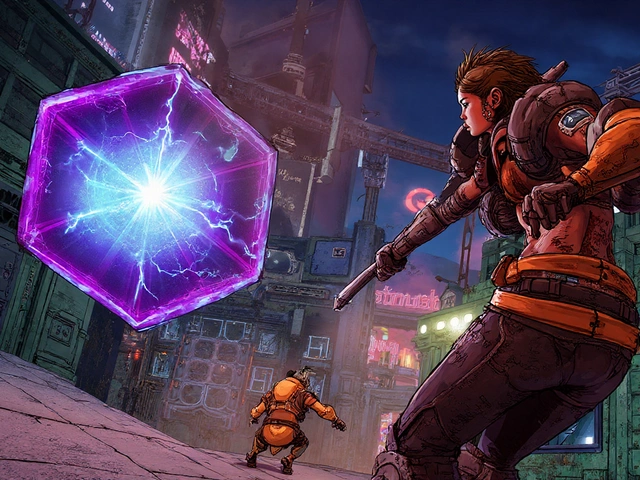
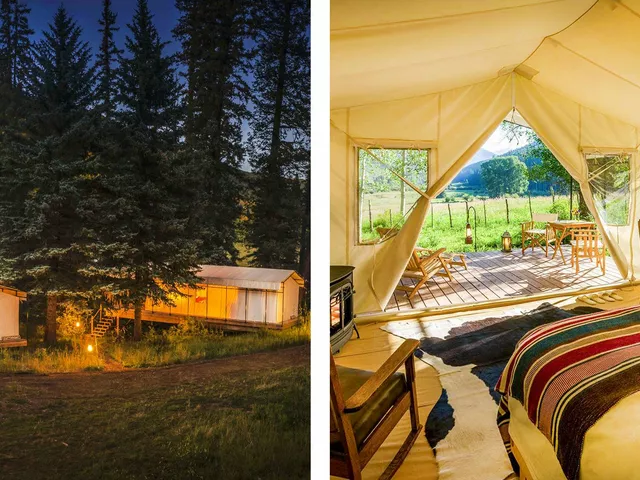
Write a comment